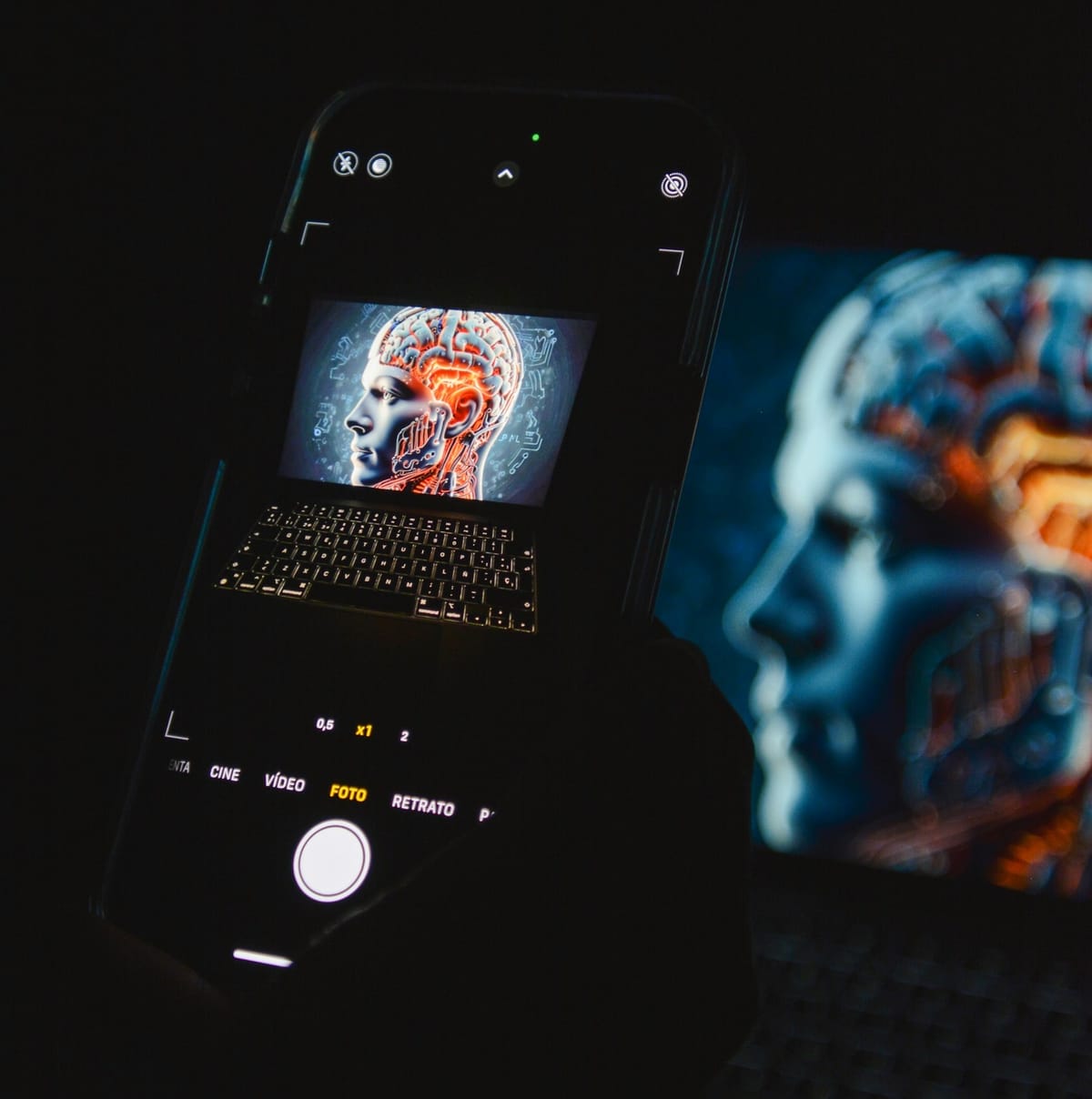Quantum Black Boxes: If We Can't Explain AI Now, What Happens When It's Entangled?
If today’s AI is a black box, quantum-AI may be a void. Here's why explainability must evolve with quantum intelligence.

AI is already hard to explain. Add quantum computing to the mix, and it may become impossible.
As the boundaries between artificial intelligence and quantum computing begin to blur, we’re approaching a technological paradox: we’re building systems more powerful than anything we’ve known — but we might not be able to understand how they work.
Today’s deep learning models are often criticized as “black boxes” — high-performing but opaque systems whose inner logic is inscrutable even to their creators. Now, with quantum-AI hybrids on the horizon, we may be entering an era of even deeper opacity: quantum black boxes.
And the consequences could reshape everything from trust to regulation to how we define “intelligence” itself.
AI Transparency Is Already a Problem
Even before quantum computing enters the picture, today’s AI models pose a major challenge to explainability:
- Large language models (LLMs) generate outputs via billions of weighted parameters
- Deep neural networks “learn” correlations without clear causal paths
- Decision trees in reinforcement learning often lack audit trails
In high-stakes sectors — like healthcare, finance, and criminal justice — this opacity has sparked growing concern. If we don’t know why a model made a decision, how can we trust it?
Now imagine that black box also relies on qubit entanglement and quantum superposition.
What Quantum Makes Worse (or Weirder)
Quantum computing offers vast potential in AI: faster training, better optimization, richer probability modeling. But it comes with a cost — quantum processes are inherently non-intuitive.
- Entanglement means the state of one variable depends on another — even across space
- Superposition allows multiple contradictory states to exist simultaneously
- Measurement collapses these states into a result, but erases how it got there
These traits are great for power, terrible for transparency.
In short, quantum-AI systems may outperform classical models — but make even less sense.
Why “Explainability” Still Matters
Some argue that performance should matter more than transparency. If a model works, why question how?
But in real-world applications, trust, safety, and accountability hinge on understanding:
- Why was a loan denied?
- Why did a medical diagnosis change?
- Why did an autonomous system act that way?
Quantum black boxes risk becoming unquestionable authorities — systems so complex that no one, not even their designers, can fully interpret their output.
And in global discussions around AI alignment and safety, that’s a terrifying prospect.
Conclusion: Understanding Must Scale With Power
As AI merges with quantum computing, we must ensure that explainability doesn’t get left behind. The more powerful our tools become, the more vital it is to understand their behavior — not just their output.
If we fail to open the black box now, we may soon find ourselves governed by machines that no one can question.
And that’s not a future anyone asked for.
✅ Actionable Takeaways:
- Invest in quantum-aware explainability research now, not later
- Push for regulatory frameworks that prioritize transparent system design
- Foster interdisciplinary AI-QC collaboration (computer science, ethics, quantum physics)
- Support the development of quantum debugging tools before full deployment


